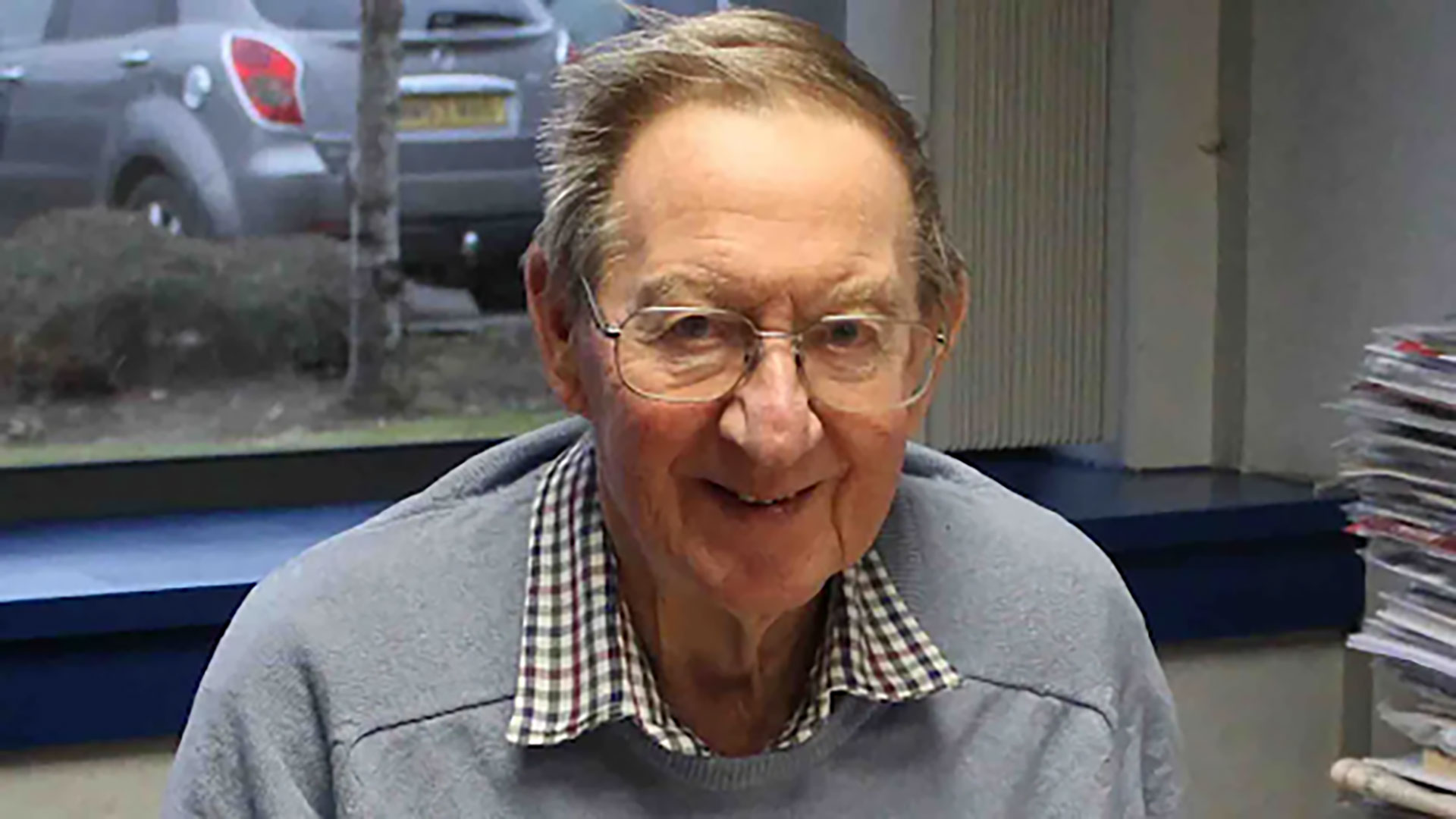We at Edinburgh Biosciences are sad to note the passing of our founder Prof Des Smith who died suddenly on 01 Aug. Des had a very long and distinguished career both in academia and in industry, he was elected as a fellow of Royal Society of Edinburgh in 1973 and the Royal Society in 1976. He was the first Professor of Physics on Edinburgh’s Heriot Watt University Riccarton Campus, moving into a hut on the greenfield site in 1970. He has contributed to advances in optical coatings, magneto-optics of semiconductors, satellite meteorology, infrared spectroscopy and fluorescence technology and their applications. His work has led to highlights of which a few examples have included the tuneable spin-flip Raman laser, which gives the highest resolution molecular gas spectra, and (with J T Houghton) the invention of the carbon dioxide Selective Chopper Radiometer, which flew on the Nimbus 4 satellite in 1970. Derivatives on NASA planetary probes followed, including special band pass interference filters.
In 2011, Des was presented with a prestigious Royal Society of Edinburgh Royal Medal by the Duke of Edinburgh in recognition of his eminent work in physics research, especially in optoelectronics, spectroscopy and laser technology and its application in industry and research technology. In 2013 following the sale of his first start up Edinburgh Instruments, which is still based in Livingston and has sold more than 1,000 lasers, 2,500 fluorescence grating spectrometers and 92,000 near infrared gas sensors for CO2 and other gases instead of retiring quietly Des founded his second company Edinburgh Biosciences Ltd, again on the Research Park, aiming to exploit his knowledge of fluorescence and light based technologies to diagnose and treat cataracts. Devices based on Des work are currently in clinical trials producing very encouraging results, we will continue his mission and will miss his continued support and advice.

